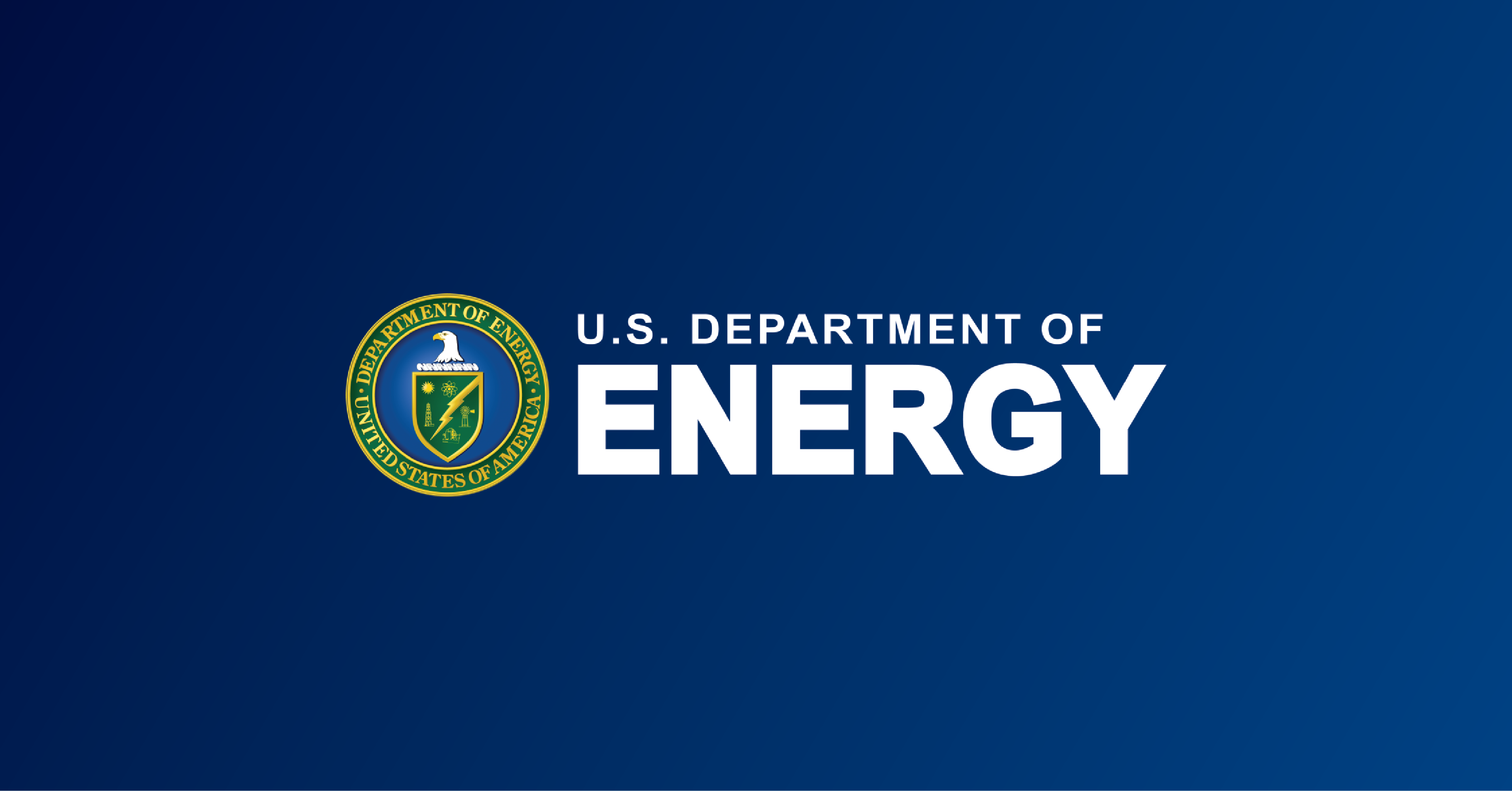
DUBAI, UNITED ARAB EMIRATES – During the 28th Conference of the Parties to the U.N. Framework Convention on Climate Change, the United States and Net Zero World partner countries announced progress on building clean, secure energy systems in leading emerging economies. Net Zero World is the U.S. Department of Energy’s flagship initiative that works in partnership with major energy producing countries to develop and implement holistic approaches to decarbonizing their entire energy systems. It does so through a whole-of-government approach and by leveraging the world class expertise of ten National Laboratories to provide demand-driven assistance to energy ministers and their departments.
Partner countries include Argentina, Chile, Egypt, Indonesia, Nigeria, Singapore, Thailand, and Ukraine. In only two years, it has informed and implemented 23 decarbonization actions across the energy sector, from facilitating coal phaseout to supporting distributed energy resource deployment. Beyond technical assistance, Net Zero World partners with U.S. government investment agencies, multilateral development banks, and others to de-risk projects, aid in financing instrument design and implementation, and connect projects with investors, setting the stage for $10 billion in investments by 2025.
Highlights include:
- Providing technical review and analytic support for the Argentina Energy Transition Plan and Energy Efficiency Policy, contributing to securing a $350 million loan from the Inter-American Development Bank to accelerate sustainable and resilient growth, including through policies that will enable emissions reductions in the energy sector.
- Collaborating with Tocopilla, Chile, to repurpose over 400 MW of retired coal plants into new clean energy systems and promote economic growth, as featured in the report Fossil Fuel Transitions Framework.
- Working with Indonesia on a national roadmap to identify clean energy alternatives for coal-dependent industries, with a focus on low-carbon battery manufacturing and electric vehicle applications and world class ESG standards.
- Partnering with Nigerian distribution utilities on pilot projects to demonstrate the benefits of and develop methods for scaling up distributed renewable energy.
- Collaborating with Singapore on subsea interconnections to enhance regional energy connectivity and facilitate the integration of clean energy.
- Assisting Ukraine in deploying distributed renewable energy and storage systems for critical infrastructure and evaluating opportunities for modular nuclear energy systems to enhance system resilience.
Deputy Secretary of Energy David M. Turk also announced the launch of the second cohort of the Climate Smart Women Energy Leader’s program, which provides women from partner governments with the opportunity to hone their skills at the National Laboratories. In addition, he announced two new partnerships with GIZ to enhance decarbonization modeling and investment mobilization efforts and with the new Battery Energy Storage System Consortium of the Global Energy Alliance for People and Planet.
To read more, please see the Net Zero World COP28 Outcomes Report and the Net Zero World COP28 Program Highlights.













